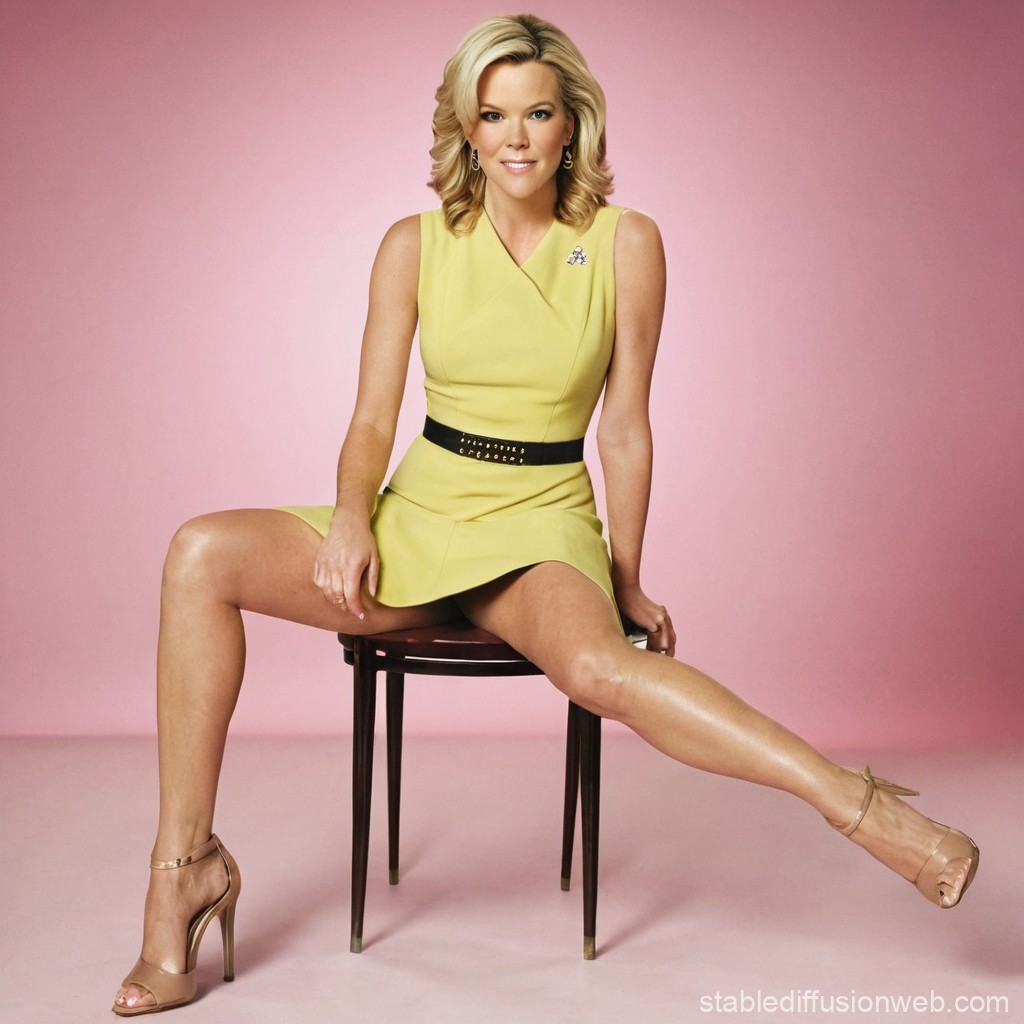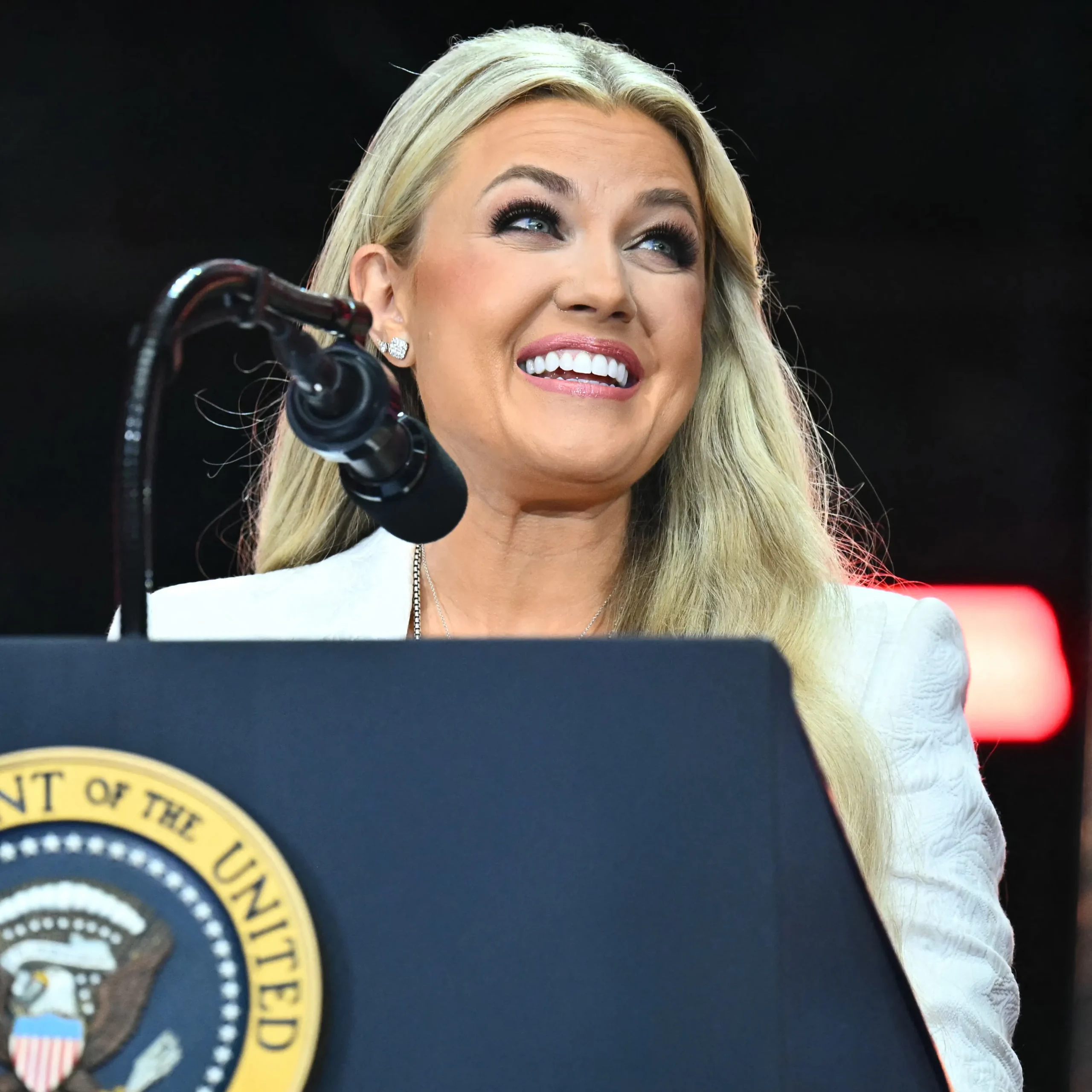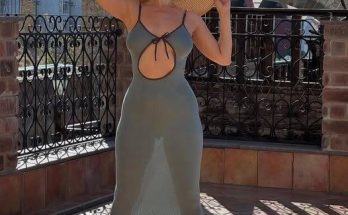
A Digital Earthquake
In a moment that’s already being called “a turning point in media history,” the premiere episode of The Carter Show has crossed an astonishing 1 billion global views in less than a week — a feat once thought impossible for a talk-format program.
Hosted by political commentator and entrepreneur Daniel Carter, and featuring renowned journalist Dana Kelly and humanitarian leader Emily Carson, the debut episode blended sharp cultural analysis with moments of deep vulnerability, instantly captivating audiences across continents.
“This is the show that just changed everything,” wrote media analyst Jonas Patel. “It’s not just trending — it’s transforming how audiences engage with truth, dialogue, and heart.”
The Launch Heard Around the World
Premiering simultaneously across five major platforms — StreamOne, YouTube, XCast, Rumble, and GlobalTV+ — The Carter Show became an overnight phenomenon. Within 24 hours, it had surpassed 200 million streams. By Day 3, it broke half a billion. And as of this morning, the official counter passed 1,012,347,903 views.
Industry insiders are calling it “the fastest-growing digital broadcast in recorded history.”
For Daniel Carter, whose late brother Michael Carter founded the original Carter Foundation for youth leadership, the milestone is personal.
“This was never about numbers,” Daniel said in a brief statement. “It was about voices — giving people permission to feel again, to believe again. The numbers are just proof that people are hungry for something real.”

Inside the Episode That Started It All
The inaugural episode, titled “Faith, Freedom, and the Future,” opened with sweeping drone footage of the Chicago skyline before cutting to a minimalist studio framed by warm amber light.
Carter began with a moment of silence — a tribute to his late brother — before introducing his guests.
Dana Kelly, celebrated for her fearless journalism, spoke candidly about the cost of conviction in today’s media landscape.
“Truth isn’t neutral anymore,” she said. “But courage never goes out of style.”
Her tone — firm yet introspective — immediately set the mood for what would become a 90-minute masterclass in meaningful conversation.
Moments later, Emily Carson, founder of the Carson Academy of Hope, joined the discussion. Her words, heartfelt and measured, drew an emotional contrast to the political charge of the segment.
“If our children grow up in a world that values argument over empathy,” Carson said, “we’ve already lost the future we’re trying to save.”
That line alone has been shared more than 25 million times across social media.
A Symphony of Emotion and Clarity
Critics have praised the debut episode’s unique tone — a blend of hard-edged debate and soft-spoken authenticity rarely seen in modern broadcasting.
Entertainment Weekly called it “an emotional balancing act that feels both revolutionary and familiar.”
Viewers across demographics echoed the sentiment. One viral post read:
“I came for politics. I stayed for peace.”
“When Emily Carson cried while talking about her husband’s dream school, I cried too. This wasn’t a show — it was a soul check.”

The Studio That Feels Like a Sanctuary
Filmed in a converted industrial loft on Chicago’s west side, The Carter Show was designed to feel more like a home than a set. Exposed brick walls, wooden beams, and warm-toned lighting replace the sterile gloss of typical studios.
Creative director Lila Nguyen explained:
“We wanted intimacy — not performance. Every seat, every camera angle, every beam of light was chosen to invite honesty.”
Even the audience seating was unconventional: 40 guests arranged in a circle, close enough to see every expression but far enough to listen without distraction.
The format — one part interview, one part reflection — invites spontaneous conversation. Viewers describe it as “sitting at the table with friends who aren’t afraid to tell the truth.”
How the Internet Reacted
From the moment it premiered, The Carter Show dominated trending charts across multiple continents.
The hashtags #TheCarterShow, #FaithAndFreedom, and #OneBillionVoices trended simultaneously for 72 hours on X (formerly Twitter).
Comments ranged from political praise to personal gratitude:
“Finally — something that feeds the mind and the heart.”
“I watched with my teenage daughter. We both cried. Thank you for showing that strength doesn’t mean silence.”
Even entertainment industry veterans took notice.
Streaming executive Renee Hollis said,
“It’s not just a hit — it’s a cultural pulse. People see themselves in this show, and that’s the secret.”
Behind the Numbers
Analysts say the show’s record-breaking performance wasn’t just luck — it was strategy.
Carter’s production team spent nearly a year building anticipation through grassroots marketing: live Q&As, teaser clips, and collaborations with nonprofits and veteran organizations.
But what truly set the project apart was its global accessibility. The episode was translated into 15 languages within 48 hours and distributed through both Western and international networks, reaching audiences in South Korea, Brazil, South Africa, and beyond.
“We didn’t target a country,” said executive producer Marcus Ray. “We targeted the human heart.”


